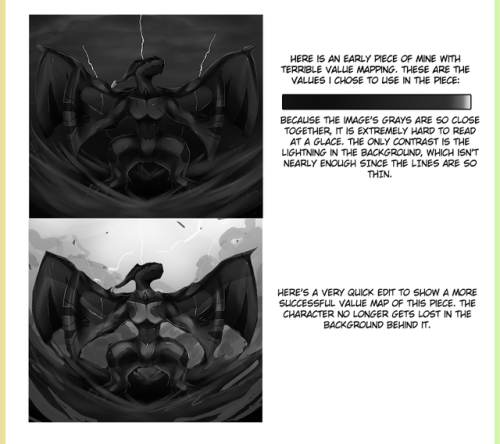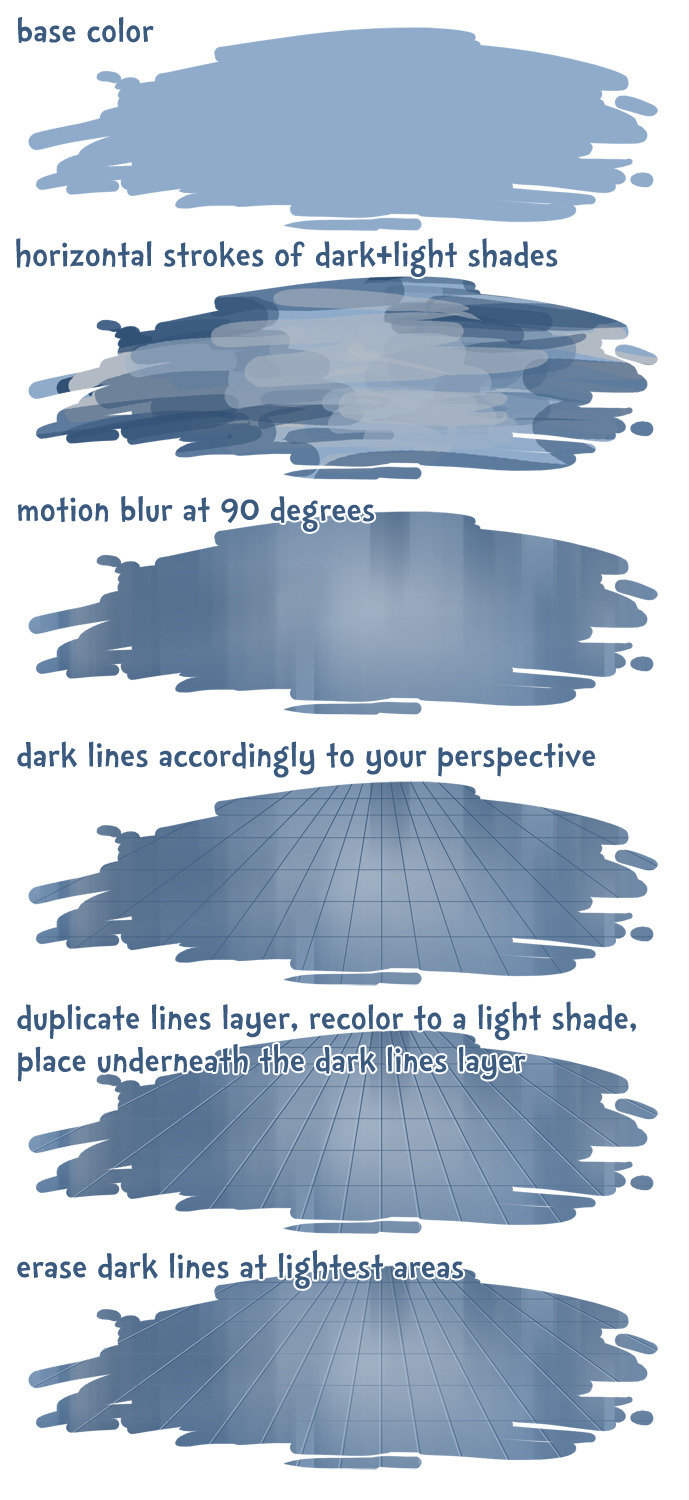Lilhaileyfoofoo - Foof's Pgae

More Posts from Lilhaileyfoofoo and Others
![In-Store Ikea Reviews [see A Bonus Review On Facebook]](https://64.media.tumblr.com/d86df81af703c07196588ff928425f58/tumblr_nueyq6ZR3z1u53c30o1_500.jpg)
![In-Store Ikea Reviews [see A Bonus Review On Facebook]](https://64.media.tumblr.com/90bd8ae6ddfa04d8390a0fec82d841dc/tumblr_nueyq6ZR3z1u53c30o3_500.jpg)
![In-Store Ikea Reviews [see A Bonus Review On Facebook]](https://64.media.tumblr.com/d945a869876e995830730de9084d1633/tumblr_nueyq6ZR3z1u53c30o4_500.jpg)
![In-Store Ikea Reviews [see A Bonus Review On Facebook]](https://64.media.tumblr.com/151bc5157c274583f018f6784d5b0a36/tumblr_nueyq6ZR3z1u53c30o2_500.jpg)
![In-Store Ikea Reviews [see A Bonus Review On Facebook]](https://64.media.tumblr.com/006ef8d3a2ace9b5e45b0227601c0280/tumblr_nueyq6ZR3z1u53c30o5_500.jpg)
![In-Store Ikea Reviews [see A Bonus Review On Facebook]](https://64.media.tumblr.com/79c15175e3a7a094b1a911cd4ab1540c/tumblr_nueyq6ZR3z1u53c30o6_540.jpg)
![In-Store Ikea Reviews [see A Bonus Review On Facebook]](https://64.media.tumblr.com/23afa39f6f100af1735410154be2eaf3/tumblr_nueyq6ZR3z1u53c30o8_500.jpg)
![In-Store Ikea Reviews [see A Bonus Review On Facebook]](https://64.media.tumblr.com/b0ad9aa64319e470806960ce66daef5f/tumblr_nueyq6ZR3z1u53c30o10_500.jpg)
![In-Store Ikea Reviews [see A Bonus Review On Facebook]](https://64.media.tumblr.com/aa37a84e7682998447b919438f8e58fc/tumblr_nueyq6ZR3z1u53c30o9_500.jpg)
![In-Store Ikea Reviews [see A Bonus Review On Facebook]](https://64.media.tumblr.com/daff617ed584074dad6061ba824c74c1/tumblr_nueyq6ZR3z1u53c30o7_500.jpg)
In-Store Ikea Reviews [see a bonus review on Facebook]
aw baby!!!

For writers: historical women’s clothing
Those who have been with me for a while know that although I’m not an expert, I’m super enthusiastic historical clothing. Which means I also notice when it’s totally butchered in writing (I’m looking expecially at you, smut fics). So here are some pointers for your historical/fantasy lady’s clothing, for my peace of mind:
Not everything with laces is a corset. Although terms overlap, we mostly only talk about corsets from mid-19th century. Before that you have stays or bodies, maybe even jumps (unboned, quilted garment). You’re pretty safe with simply saying stays.
Stays cannot be tight-laced! You can only tight-lace if your garment has metal eyelets (otherwise the lacing would tear the fabric, ruining the garment), and those only came in mid-19th century. Your 18th century lady won’t be gasping for air (I’m looking at you, PotC)
That being said, even tight-laced ladies are unlikely to gasp for breath.
Your character won’t be wearing a corset/super structured stays under an empire gown/Regency style dress. That would be totally unnecessary (looking at you, Bridgerton). Character instead would be wearing “transitional stays”–a short, boned garment somewhere between a modern bra and a corset–, or lightly boned/unboned stays. The point of these is to push the boobs up, not to slim down the waist/create a silhouette.
Instead of stays, your early 16th century/fantasy character can wear a boned kirtle–in this case, the bodice and the skirt are made up of one garment.
Stays/corsets can be back laced (mostly earlier stuff), front/front-and-back laced (a bit later), back laced with clasps at the front (Victorian)
Some stays can be worn as outerwear. They can be colorful and intricately decorated.
Gentlemen can and will help their lovers dress; they know how women’s clothing works.
There is always a chemise/shift under the stays! (looking at you, The Tudors.) That is your first layer–it protects the character’s skin from chafing and the character’s clothes from sweat.
Stockings are held just under the knee/mid-thigh with garters/ribbons.
No panties! No underwear, whatsoever. Ruck up those skirts and the banging can commence
There’s such a thing as split drawers (19th century)–which is like a pair of knee-lenght underpants, only the two legs are not connected at the groin area.
Ladies can have pockets–they are basically big pouches that can be tied around the waist with a string. They can be worn over or under the overskirt.
If the pockets are worn under the skirt, then they can be accessed via slits on the sides. This happens when the skirt has a kind of “apron like” fastening: basically, the top of the skirt is made of two rectangular pieces, both of them having their own ties. You first tie the back part on the front, then the front part in the back. And voila! Slits on the sides.
Those were just from the top of my head. If you have any question, feel free to ask*–or better yet, look up ladies on the internet who know more than me on this topic, like Bernadette Banner, Karolina Zebrowska, or Abby Cox.
Also feel free to correct me if I said something stupid
I’m actually a little offended because if there were ever a male Strong Female Character
it’d be Nightwing
Isn’t that right Karen?

WARNING!!!
THIS CANDY IS NOT CANDY. IT IS DRUGS DISGUISED AS CANDY. IF ANYONE YOU KNOW CARRIES IT, TAKE THE CANDY AND THE POLICE OR THROW IT AWAY IMMEDIATELY. REBLOG TO SAVE A LIFE.
Writing Traumatic Injuries References
So, pretty frequently writers screw up when they write about injuries. People are clonked over the head, pass out for hours, and wake up with just a headache… Eragon breaks his wrist and it’s just fine within days… Wounds heal with nary a scar, ever…
I’m aiming to fix that.
Here are over 100 links covering just about every facet of traumatic injuries (physical, psychological, long-term), focusing mainly on burns, concussions, fractures, and lacerations. Now you can beat up your characters properly!
General resources
WebMD
Mayo Clinic first aid
Mayo Clinic diseases
First Aid
PubMed: The source for biomedical literature
Diagrams: Veins (towards heart), arteries (away from heart) bones, nervous system, brain
Burns
General overview: Includes degrees
Burn severity: Including how to estimate body area affected
Burn treatment: 1st, 2nd, and 3rd degrees
Smoke inhalation
Smoke inhalation treatment
Chemical burns
Hot tar burns
Sunburns
Incisions and Lacerations
Essentials of skin laceration repair (including stitching techniques)
When to stitch (Journal article–Doctors apparently usually go by experience on this)
More about when to stitch (Simple guide for moms)
Basic wound treatment
Incision vs. laceration: Most of the time (including in medical literature) they’re used synonymously, but eh.
Types of lacerations: Page has links to some particularly graphic images–beware!
How to stop bleeding: 1, 2, 3
Puncture wounds: Including a bit about what sort of wounds are most likely to become infected
More about puncture wounds
Wound assessment: A huge amount of information, including what the color of the flesh indicates, different kinds of things that ooze from a wound, and so much more.
Home treatment of gunshot wound, also basics More about gunshot wounds, including medical procedures
Tourniquet use: Controversy around it, latest research
Location pain chart: Originally intended for tattoo pain, but pretty accurate for cuts
General note: Deeper=more serious. Elevate wounded limb so that gravity draws blood towards heart. Scalp wounds also bleed a lot but tend to be superficial. If it’s dirty, risk infection. If it hits the digestive system and you don’t die immediately, infection’ll probably kill you. Don’t forget the possibility of tetanus! If a wound is positioned such that movement would cause the wound to gape open (i.e. horizontally across the knee) it’s harder to keep it closed and may take longer for it to heal.
Broken bones
Types of fractures
Setting a broken bone when no doctor is available
Healing time of common fractures
Broken wrists
Broken ankles/feet
Fractured vertebrae: Neck (1, 2), back
Types of casts
Splints
Fracture complications
Broken noses
Broken digits: Fingers and toes
General notes: If it’s a compound fracture (bone poking through) good luck fixing it on your own. If the bone is in multiple pieces, surgery is necessary to fix it–probably can’t reduce (“set”) it from the outside. Older people heal more slowly. It’s possible for bones to “heal” crooked and cause long-term problems and joint pain. Consider damage to nearby nerves, muscle, and blood vessels.
Concussions
General overview
Types of concussions 1, 2
Concussion complications
Mild Brain Injuries: The next step up from most severe type of concussion, Grade 3
Post-concussion syndrome
Second impact syndrome: When a second blow delivered before recovering from the initial concussion has catastrophic effects. Apparently rare.
Recovering from a concussion
Symptoms: Scroll about halfway down the page for the most severe symptoms
Whiplash
General notes: If you pass out, even for a few seconds, it’s serious. If you have multiple concussions over a lifetime, they will be progressively more serious. Symptoms can linger for a long time.
Character reaction:
Shock (general)
Physical shock: 1, 2
Fight-or-flight response: 1, 2
Long-term emotional trauma: 1 (Includes symptoms), 2
First aid for emotional trauma
Treatment (drugs)
WebMD painkiller guide
Treatment (herbs)
1, 2, 3, 4
Miscellany
Snake bites: No, you don’t suck the venom out or apply tourniquettes
Frostbite
Frostbite treatment
Severe frostbite treatment
When frostbite sets in: A handy chart for how long your characters have outside at various temperatures and wind speeds before they get frostbitten
First aid myths: 1, 2, 3, 4, 5 Includes the ones about buttering burns and putting snow on frostbite.
Poisons: Why inducing vomiting is a bad idea
Poisonous plants
Dislocations: Symptoms 1, 2; treatment. General notes: Repeated dislocations of same joint may lead to permanent tissue damage and may cause or be symptomatic of weakened ligaments. Docs recommend against trying to reduce (put back) dislocated joint on your own, though information about how to do it is easily found online.
Muscular strains
Joint sprain
Resuscitation after near-drowning: 1, 2
Current CPR practices: We don’t do mouth-to-mouth anymore.
The DSM IV, for all your mental illness needs.
Electrical shock
Human response to electrical shock: Includes handy-dandy voltage chart
Length of contact needed at different voltages to cause injury
Evaluation protocol for electric shock injury
Neurological complications
Electrical and lightning injury
Cardiac complications
Delayed effects and a good general summary
Acquired savant syndrome: Brain injuries (including a lightning strike) triggering development of amazing artistic and other abilities
Please don’t repost! You can find the original document (also created by me) here.
You know what’s some crazy $hit?
This fabulous bitch

She makes a shit ton of poses (like 16,000 or some crazy nonsense). I used this lovely lady to draw so much as a teen. Whether it was some nerdy pose for my Mary Sue as fuck OCs

or for full on fight sequences

or for tragic deaths of my OCs in the arms of a totally OOC main protagonist.

this bitch hooked me up.
And with the wildest, craziest stuff that you could see in your head but had no way or resources to reasonably draw like

or this

or this

DUDE! INASNE SHIT!! So I was using her for a pose reference and decided, you know what, I owe this bitch some cash. Lemme dole it out for her. BUT then, I looked and saw she only has 286 fucking patrons!! This chick gives out free shit and spends countless hours arranging these shoots and setting this stuff up.
I’ll fork up the cash, SenshiStock. You’re worth it.
Check out this amazing woman’s stuff, and get knowledged: https://www.deviantart.com/senshistock
-
 kittyb1tz reblogged this · 1 month ago
kittyb1tz reblogged this · 1 month ago -
 heloisa2111 liked this · 1 month ago
heloisa2111 liked this · 1 month ago -
 mcbutler36 liked this · 1 month ago
mcbutler36 liked this · 1 month ago -
 kringlefvcker reblogged this · 5 months ago
kringlefvcker reblogged this · 5 months ago -
 theycallmequinn94 liked this · 5 months ago
theycallmequinn94 liked this · 5 months ago -
 brunchthesurface reblogged this · 5 months ago
brunchthesurface reblogged this · 5 months ago -
 goatnz liked this · 7 months ago
goatnz liked this · 7 months ago -
 vaaxywaaxz liked this · 7 months ago
vaaxywaaxz liked this · 7 months ago -
 penguinhi40 liked this · 8 months ago
penguinhi40 liked this · 8 months ago -
 expert-texpert reblogged this · 8 months ago
expert-texpert reblogged this · 8 months ago -
 expert-texpert liked this · 8 months ago
expert-texpert liked this · 8 months ago -
 apparentlyteodora reblogged this · 8 months ago
apparentlyteodora reblogged this · 8 months ago -
 apparentlyteodora liked this · 8 months ago
apparentlyteodora liked this · 8 months ago -
 chloromorph reblogged this · 9 months ago
chloromorph reblogged this · 9 months ago -
 riverplatenseee reblogged this · 10 months ago
riverplatenseee reblogged this · 10 months ago -
 riverplatenseee liked this · 10 months ago
riverplatenseee liked this · 10 months ago -
 teircetea liked this · 11 months ago
teircetea liked this · 11 months ago -
 sa1im liked this · 11 months ago
sa1im liked this · 11 months ago -
 aint-that-kind-of-blog-bruv liked this · 11 months ago
aint-that-kind-of-blog-bruv liked this · 11 months ago -
 thatguywhodoesstuff liked this · 1 year ago
thatguywhodoesstuff liked this · 1 year ago -
 mezzoalex liked this · 1 year ago
mezzoalex liked this · 1 year ago -
 averyrook liked this · 1 year ago
averyrook liked this · 1 year ago -
 burningfeathersx reblogged this · 1 year ago
burningfeathersx reblogged this · 1 year ago -
 lazylady465 liked this · 1 year ago
lazylady465 liked this · 1 year ago -
 cupcakegao liked this · 1 year ago
cupcakegao liked this · 1 year ago -
 sonder54 liked this · 1 year ago
sonder54 liked this · 1 year ago -
 alllostsouls reblogged this · 1 year ago
alllostsouls reblogged this · 1 year ago -
 blogrupttratabur liked this · 1 year ago
blogrupttratabur liked this · 1 year ago -
 vtatters liked this · 1 year ago
vtatters liked this · 1 year ago -
 xbalayage liked this · 1 year ago
xbalayage liked this · 1 year ago -
 kathleenkye liked this · 1 year ago
kathleenkye liked this · 1 year ago

I mostly reblog writing and art related resources here. BLMMy main account is FoofsterRoonie. My art blog is FoofsterArtAnd my writing blog is Foofsterwriting:)
197 posts






